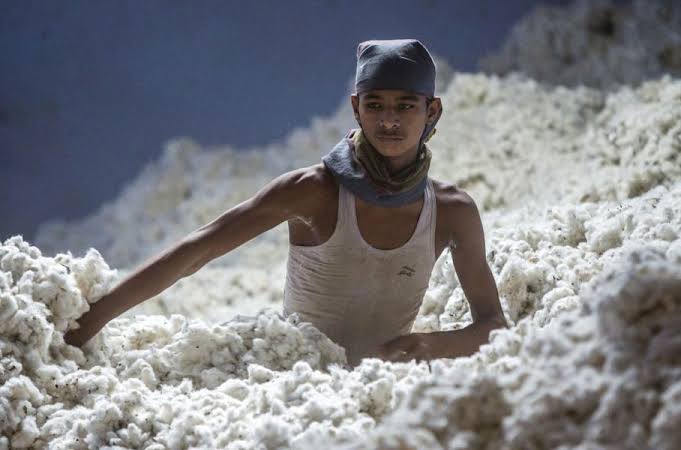Staff Correspondent
Published:2025-07-18 01:48:47 BdST
NBR withdraws 2pc AIT duty on imports of cotton, other fibres
The National Board of Revenue (NBR) has finally withdrawn the 2% advance income tax (AIT) imposed on cotton and other textile fibre imports, fulfilling the aspirations of spinning and textile mill owners after a long wait.
The decision, announced in a notification signed by AKM Badiul Alam, Member (Tax Policy) of the National Board of Revenue (NBR), on Thursday, July 17, takes effect immediately.
According to a gazette notification, the tax deduction rate on the import price of "15 HS code products" including yarn, synthetic staple fibre, polypropylene, and artificial staple fibre has been reduced to zero.
Earlier, the Bangladesh Textile Mills Association (BTMA) sent a letter to Finance Adviser Salehuddin Ahmed, Commerce Adviser Sk Bashir Uddin, NBR Chairman Abdur Rahman Khan and Bangladesh Bank Governor Ahsan H Mansur, demanding the withdrawal of the source tax (AIT).
The letter stated that the imposition of the AIT may appear convenient for the government's revenue collection efforts, but in reality is suicidal. The textile sector will be in great crisis if the duty structure is continued.
The BTMA, representing 1,858 spinning, weaving, dyeing, printing, and finishing mills with investments totalling $23 billion, has long argued that the AIT creates a mismatch between input tax and actual income, straining the liquidity of textile mills that supply 70% of the yarn and fabric for Bangladesh’s top export-earning ready-made garment industry.
The tax withdrawal is expected to ease pressure on working capital, enhance liquidity, and strengthen the sector’s global competitiveness.
Qutubuddin Ahmed, founder of Envoy Textiles Limited, hailed the decision as “timely and necessary,” saying, “This move will help keep the industry more competitive, allowing us to focus on growth and innovation.”
Snehashish Barua, Director of SMAC Advisory Services Limited, described the tax exemption as a “strategic decision” with far-reaching economic benefits.
“This isn’t just a tax policy change; it’s a step toward building a strong, competitive, and sustainable textile industry,” Barua said.
Industry stakeholders emphasised that the AIT had inflated production costs, making it harder for local mills to compete with international counterparts.
The tax waiver is seen as a critical relief measure, enabling mills to redirect funds toward operational efficiency and expansion.
The decision aligns with the interim government’s broader efforts to support the textile and garment sector, which remains a cornerstone of Bangladesh’s economy.
By removing the source tax, the government aims to reduce financial burdens on spinning and textile mills, encourage commercial production, and enhance the sector’s contribution to export earnings.
Unauthorized use or reproduction of The Finance Today content for commercial purposes is strictly prohibited.


